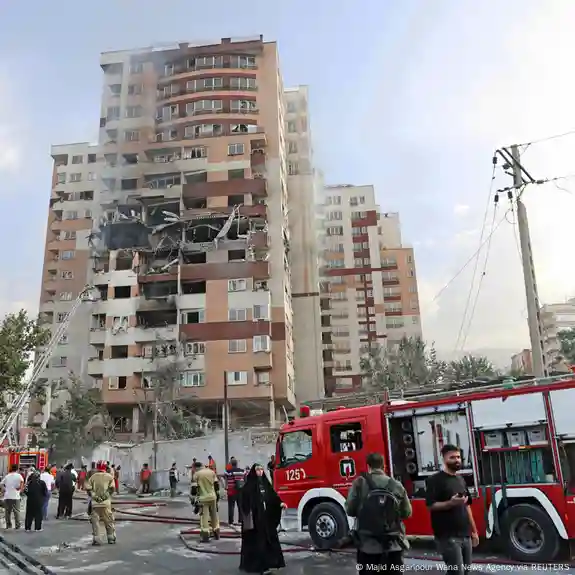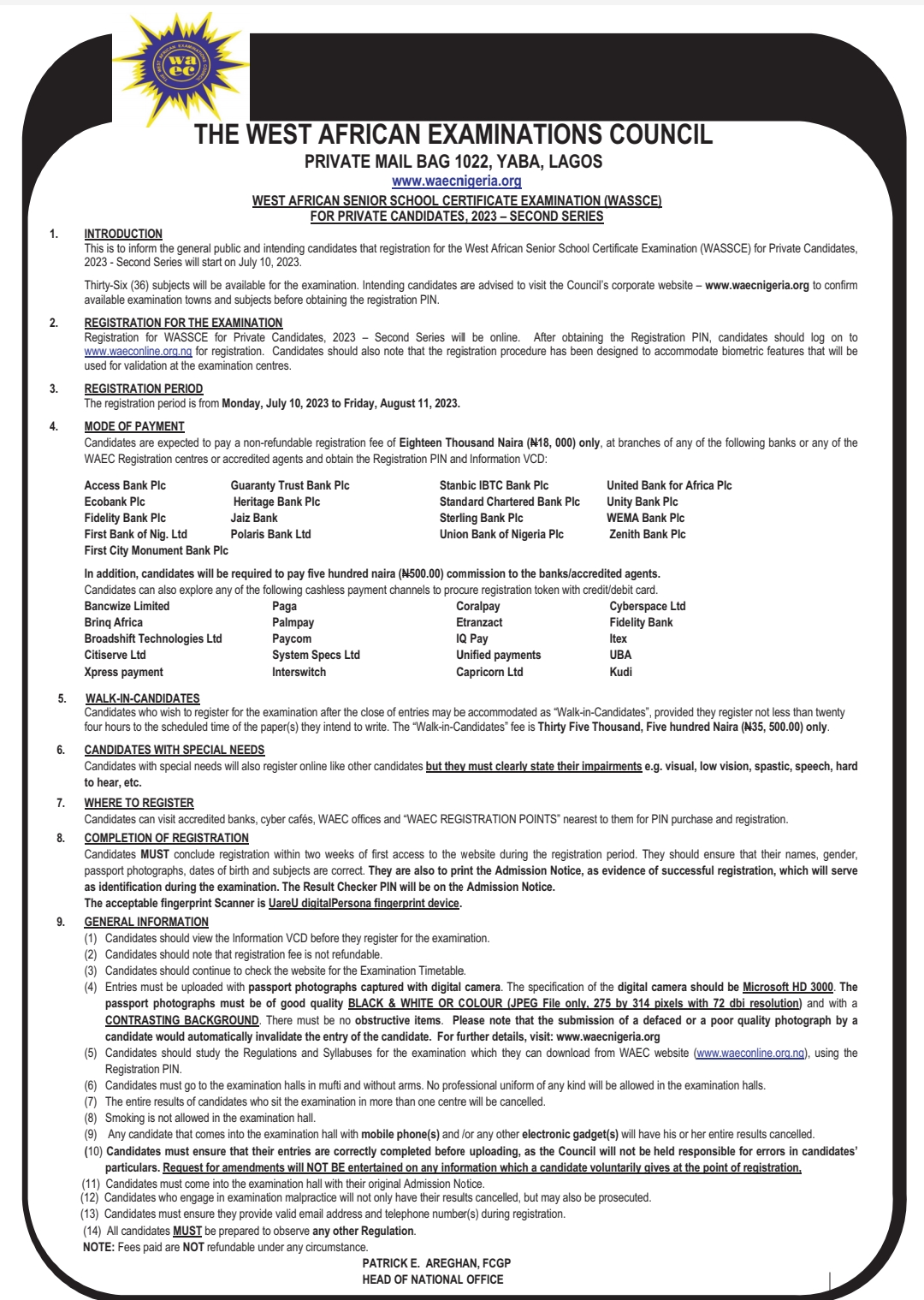
Iran-Israel war
Europe seeks to revive Iran diplomacy, U.S. considers strikes

European foreign ministers were to meet their Iranian counterpart on Friday, seeking a path back to diplomacy over its contested nuclear programme despite the U.S. considering joining Israeli strikes against Iran.
Ministers from Britain, France and Germany, known as the E3, plus the European Union’s foreign policy chief spoke to Iranian Foreign Minister Abbas Araqchi to agree on the meeting earlier this week and have been coordinating with the United States.
“The Iranians can’t sit down with the Americans whereas we can,” said a European diplomat.
“We will tell them to come back to the table to discuss the nuclear issue before the worst-case scenario, while raising our concerns over its ballistic missiles, support to Russia and detention of our citizens.”
The talks were due for mid-afternoon in Geneva, where an initial accord between Iran and world powers to curb its nuclear programme in return for sanctions lifting was struck in 2013 before a comprehensive deal in 2015.
Separate talks between Iran and the U.S. collapsed when Israel launched what it called Operation Rising Lion against Iran’s nuclear facilities and ballistic capabilities on June 12.
“There is no room for negotiations with the U.S. until Israeli aggression stops,” Araqchi was quoted as saying on Iranian state TV on Friday.
The European powers had grown increasingly frustrated by the U.S. negotiating strategy. They deemed some of its demands unrealistic, while fearing a possibly weak initial political framework that would lead to open-ended negotiations.
French Foreign Minister Jean-Noel Barrot spoke to U.S. Secretary of State Marco Rubio on Thursday night, during which Rubio said Washington was ready for direct contact with the Iranians any time, according to a French diplomatic source.
The two agreed to a call after the Geneva meeting to continue coordination, the source added.
Two diplomats said there were no great expectations for a breakthrough in Geneva.
But they said it was vital to engage with Iran because once the war stopped, Iran’s nuclear programme would still remain unresolved given that it would retain the know-how.
Araqchi said Iran had always had dialogue with Europe.
“Even now, if they have something to say, we will listen. We are not ashamed of defending our nation’s rights and we are not avoiding anyone,” he said.
German Foreign Minister Johann Wadephul said European powers had always been ready to talk provided Iran committed to not developing nuclear weapons.
About The Author

